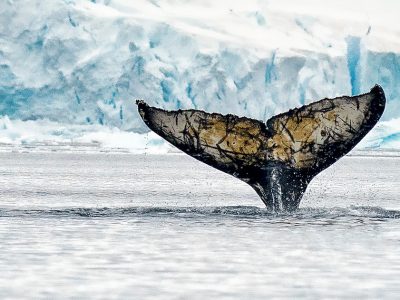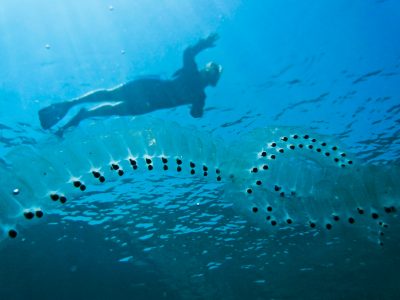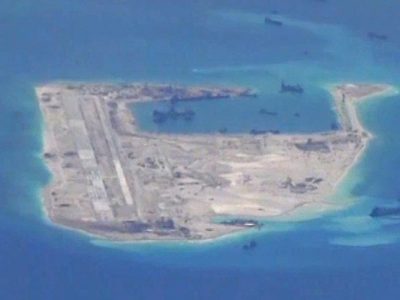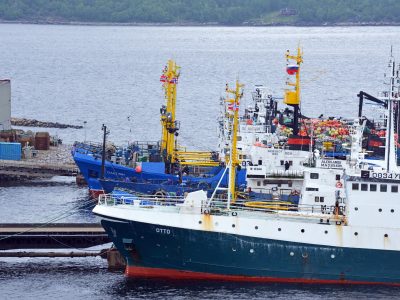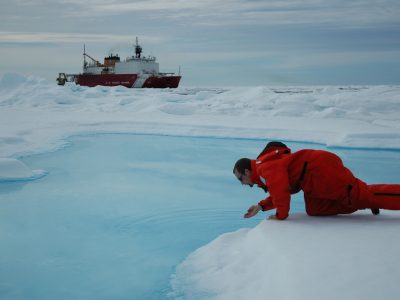International Symposium on Capacity Building for Sustainable Oceans
Nereus Director of Policy Yoshitaka Ota acted as moderator at the International Symposium on Capacity Building for Sustainable Oceans from July 19 to 20 in Tokyo, Japan.
The symposium brought together representatives from scientific organizations, government, industry, academia, civil society, and international organizations from around the world in order to explore a variety of approaches to bettering the health of the world’s coasts and oceans.



